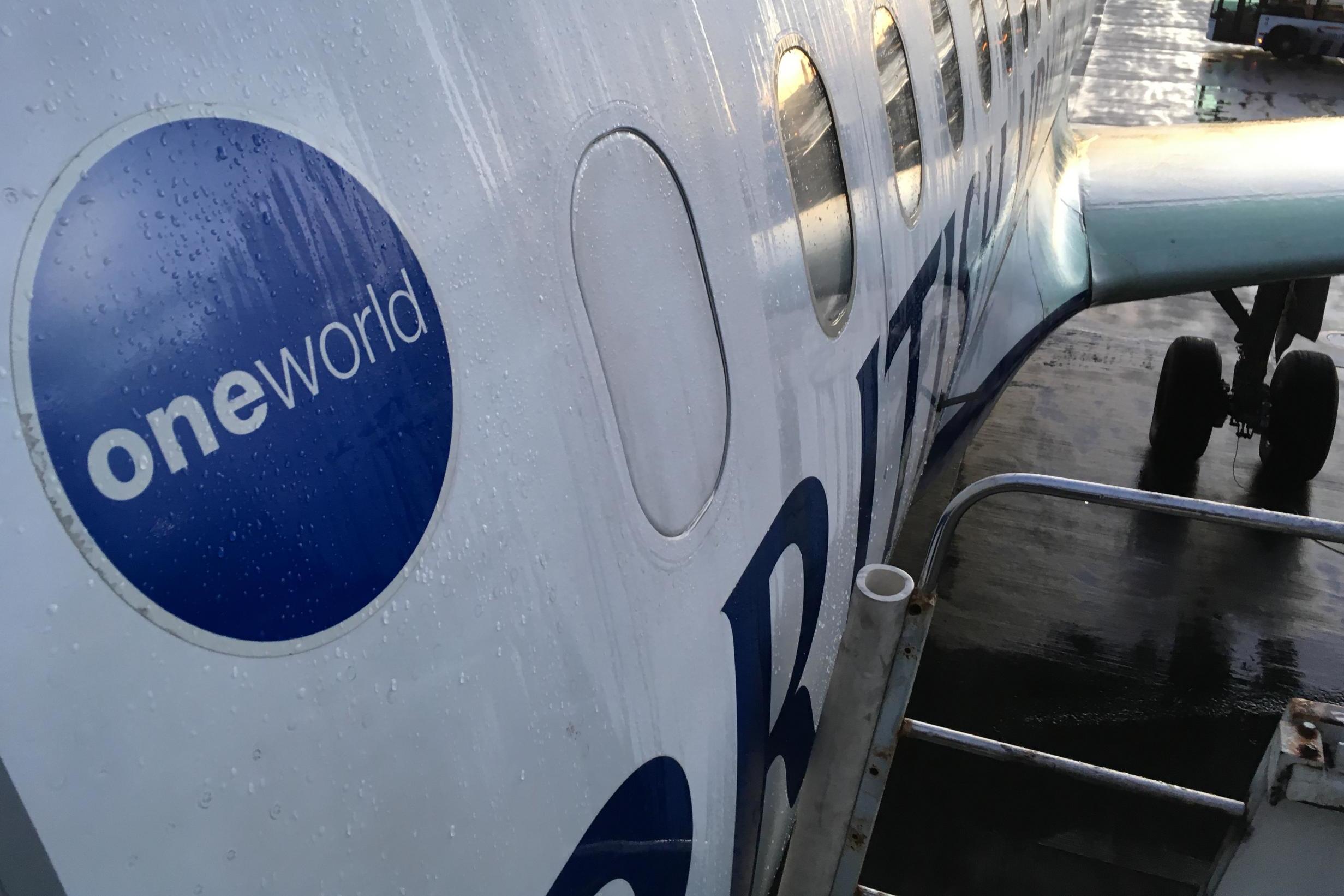Why buying a return and flying just one way makes sense
Plane Talk: ‘Legacy’ carriers still do what they can to extract the maximum from business travellers, who should really know better

Your support helps us to tell the story
From reproductive rights to climate change to Big Tech, The Independent is on the ground when the story is developing. Whether it's investigating the financials of Elon Musk's pro-Trump PAC or producing our latest documentary, 'The A Word', which shines a light on the American women fighting for reproductive rights, we know how important it is to parse out the facts from the messaging.
At such a critical moment in US history, we need reporters on the ground. Your donation allows us to keep sending journalists to speak to both sides of the story.
The Independent is trusted by Americans across the entire political spectrum. And unlike many other quality news outlets, we choose not to lock Americans out of our reporting and analysis with paywalls. We believe quality journalism should be available to everyone, paid for by those who can afford it.
Your support makes all the difference.“I am flying from Boston to Heathrow in June,” a friend announced. “It was significantly cheaper as a return than a one-way.”
So he intends to forget about the westbound leg. But, he adds: “I have heard a lot about passengers being penalised for failing to use all the sectors on their tickets.
“As I appear to fall into this category, what risks do I need to be aware of?”
Let’s start with why a return trip could ever be cheaper than a one-way. In the bad old days before low-cost airlines, carriers sought to differentiate between travellers who had little choice but to fly – mainly people on business – and discretionary leisure passengers who could be enticed on board only by cheap fares.
Just about every carrier in Europe deemed that any passenger who was flying only one way was probably not paying for his or her ticket – the company would be picking up the tab.
So the lowest prices were made available only to people who bought return flights and stayed away over a Saturday night – with the presumption that business travellers would always want to be home for the weekend.
Airlines sought to extract as much as they could from the company that was funding the trip. Many firms were complicit victims, prepared to pay a one-way fare well in excess of the cost of the cheapest return.
In Europe, the budget airlines, led by easyJet, overturned this absurdity by pricing each flight as an individual purchase, and setting the return fare as the sum of the two legs.
Yet across the Atlantic, where there is far less low-cost competition, “legacy” carriers still do what they can to extract the maximum from business travellers – who should really know better.
Most airlines persist in the practice of charging much more for a one-way flight than a return that happens to include a Saturday night. With some apparently prepared to pay, who can blame them?
Canny passengers buy a return and throw away the return half – though technically this is breaching the rules. Every airline has buried in its terms and conditions the insistence the all flights in an itinerary must be taken.
British Airways, for example, insists: “Where you change your travel without our agreement and the price for the resulting transportation you intend to undertake is greater than the price originally paid, you will be requested to pay the difference in price.”
This rule is frequently invoked when the passenger misses the first leg of the trip and tries to join the second.
Airlines are keen to avoid “tariff abuse” by, for example, travellers who see that a Dublin-London-New York trip costs far less than London-New York alone. In this situation the airline simply tells the passenger their whole trip is cancelled, and pockets the cash – perhaps refunding some of the tax element.
Support free-thinking journalism and subscribe to Independent Minds
When the traveller buys a return ticket but flies only the outbound segment, as my friend would be doing, technically he is liable to pay the difference in price between a return and a one-way. But I am unaware of any airline pursuing them for the difference in fare.
That, I suspect, is because they would not relish the attendant publicity, drawing travellers’ attention to a pricing policy that many would deem unfair as well as unusual.
Meanwhile, I look forward to the day when pressure from airlines such as Norwegian encourages the legacy carriers to reduce their one-way fares to sensible levels.
Join our commenting forum
Join thought-provoking conversations, follow other Independent readers and see their replies
0Comments